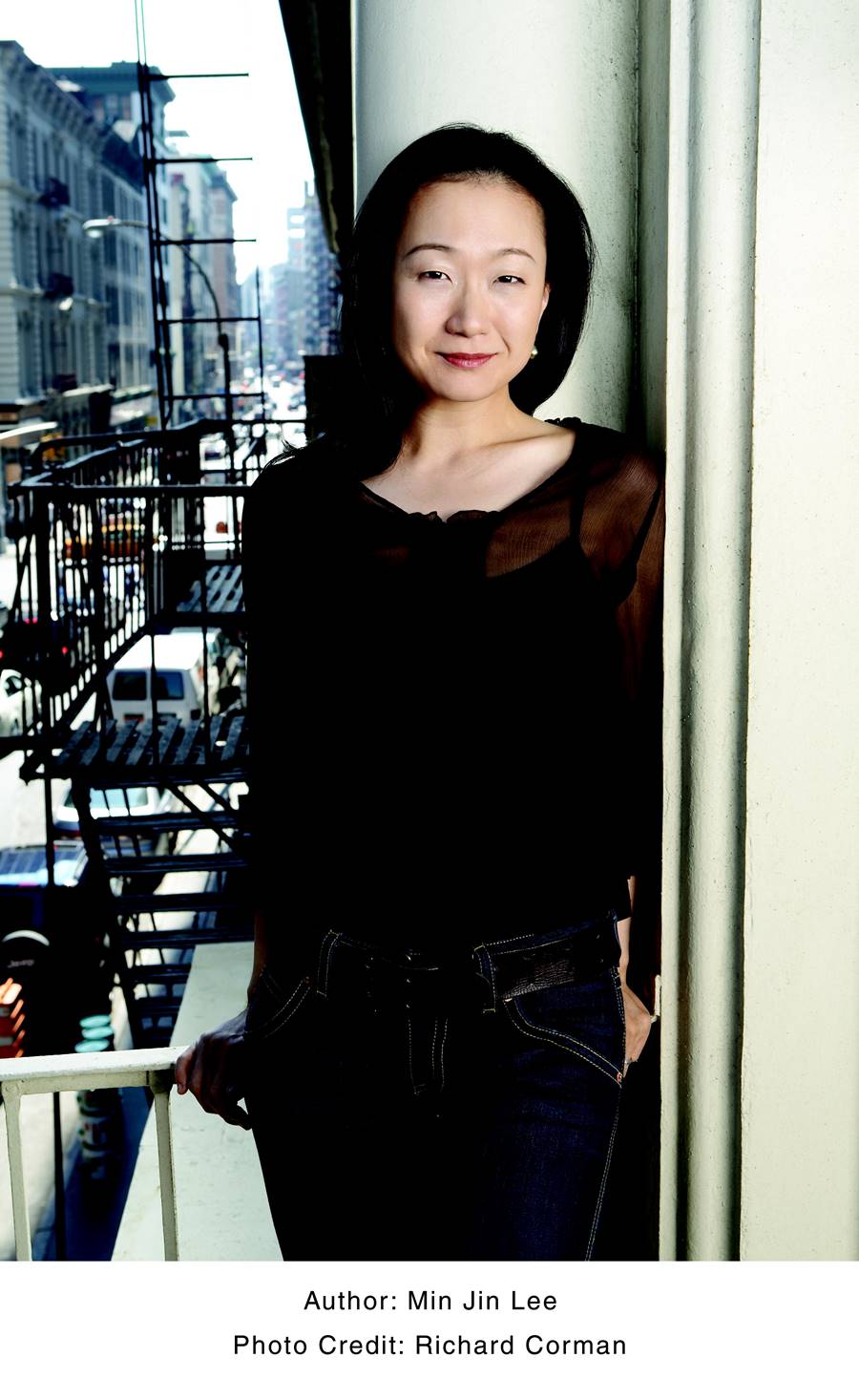
By Jae-Ha Kim
Chicago Sun-Times
August 26, 2007
With her first novel, Free Food for Millionaires, Min Jin Lee has won the praise of literary critics. Though 562 pages, the book is a true page-turner, with a Korean-American protagonist and a compelling plot involving the universal clash of cultures, adultery and class distinction.
The Yale and Georgetown-educated Lee gave up a career in corporate law to follow her dream of becoming a writer — a job that seemed too “luxurious” to pursue when she was in her early 20s. She is self-effacing and has a habit of referring to herself as “almost 40,” although she doesn’t even turn 39 until later this year. Lee cited Tolstoy, Balzac, Flaubert and the Bronte sisters as some of her favorites authors during a chat from her New York home two weeks before her family’s move to Japan.
Q. Free Food for Millionaires came out around the time of the Virginia Tech tragedy and some reviewers used the Korean-American connection (the shooter, Seung-Hui Cho, was originally from South Korea) to introduce your book. Did that tick you off?
A. No, because I understood why they were doing it and I think most of the writers made the comparison in a very responsible way. People always want to understand something in a narrative and they want to relate somehow. How do you relate to a Korean-American author who no one has ever heard of before? The majority of Americans don’t think Korean Americans are going to pull out a gun and start shooting. If anything, the stereotype is that we are very hard working and overachievers. Korean Americans aren’t well represented in the mainstream media, and I think one of our responsibilities as minority writers is not to just complain about under-representation, but to produce as much content as possible and to share as much as we can.
Q. Casey Han, the book’s protagonist, went to an Ivy League school, and has immigrant parents who work nonstop. How much is she actually you?
A. Not as much as people would think. We’re both Korean American and we both went to schools in the East. But I had to do a lot of research to get into her head. She’s quite the gal about town. I met my husband when I was 22 and got married when I was 24. I didn’t really know anything about dating! I had to ask people a lot of dopey questions about what you do during a breakup — things that most 20-year-olds have gone through multiple times. I definitely have a more optimistic view of men than Casey does.
Q. You have not had overnight success. How did you deal with rejection before this book got published?
A. Rejection is horrible. Do you get over it? Sure. But it’s still horrible because you took a risk and created this thing and then people say they don’t like it. It’s like hearing that they don’t like you. It took me 12 years to publish my first novel. My first one was formally rejected. I couldn’t finish my second one because I wasn’t able to complete the research or travel for my book. By then, I was a mother and a housewife and had to take care of my family. Then I wrote this over a period of five years and it sold. I didn’t even have an agent until last year.
Q. Do you ever think about tweaking that first book and trying to get it sold?
A. No. I look at myself and what I wrote when I was 26 and I think it’s amazing I wrote that book. But I don’t think it’s worth anyone’s money to buy that first book. Asking someone to pay $24.95 for a book that isn’t very good isn’t just a waste of their money, but their time. When I write a book, I should be able to deliver satisfaction. I have great demands on the books I buy, so why shouldn’t the people who buy anything I write?
Q: What’s next for you professionally and personally?
A: By the time this article comes out, I’ll have moved to Japan for a couple of years. We’re moving for my husband’s job, but it has also worked out really well for my next book. I finally have the opportunity to fully research that second novel I couldn’t finish before. It’s called Pachinko [a combination between a pinball game and a slot machine]. The ethnic Korean community manufactures the games in Japan. I wrote a short story about it [“Motherland”] that was excerpted in the Missouri Review and won the Peden Prize. And it worked out that I finally get to finish it. I’m a little nervous about moving ’cause I don’t speak any Japanese. But our son is so excited and really looking forward to it. Hopefully his enthusiasm will rub off and I’ll lose some of my apprehension.
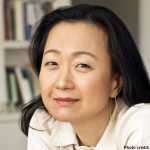
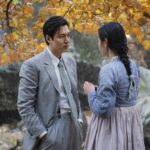
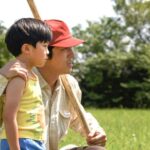
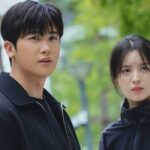
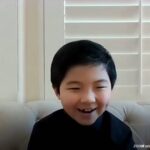
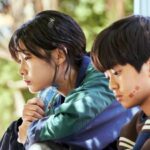
One thought on “Min Jin Lee: Former attorney takes on class distinction in ‘Free Food’”